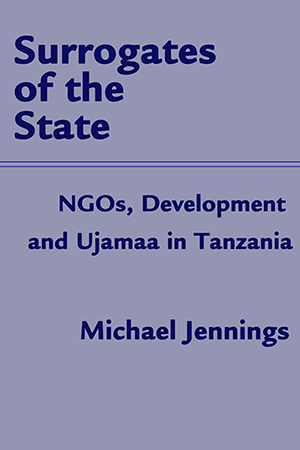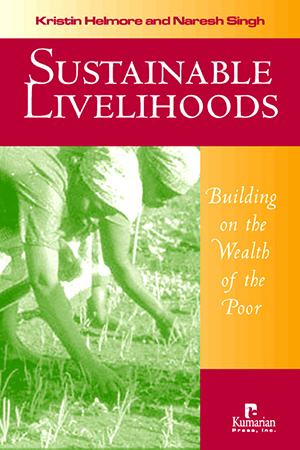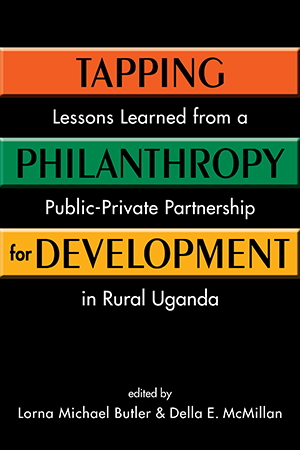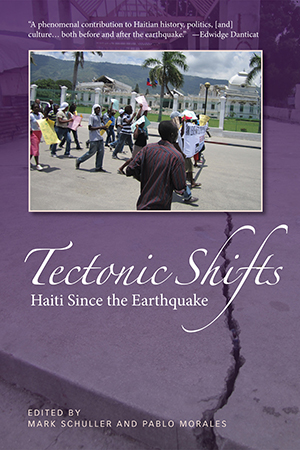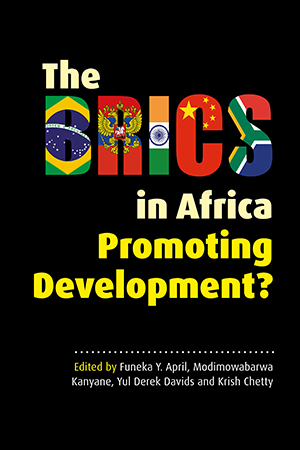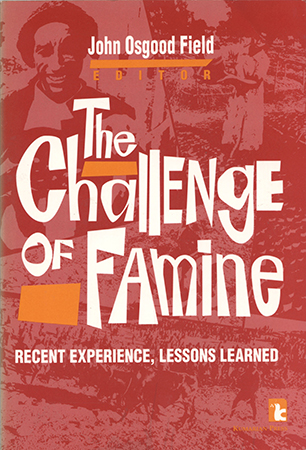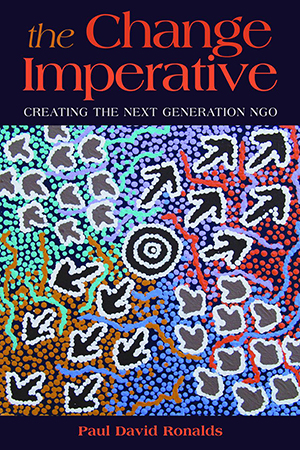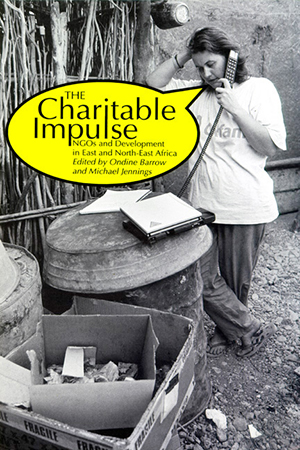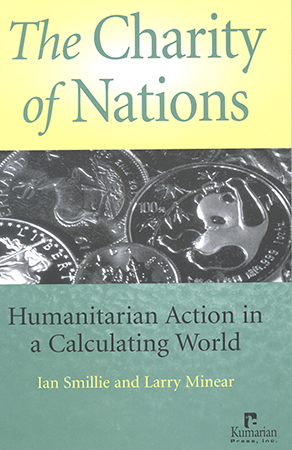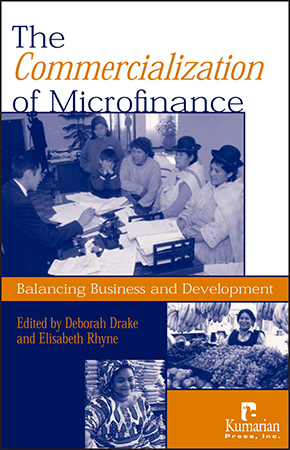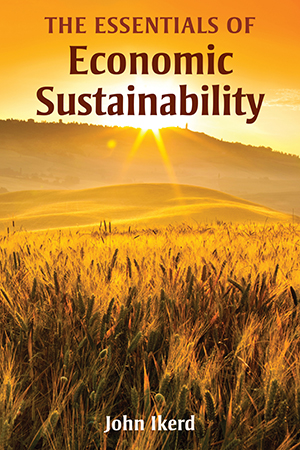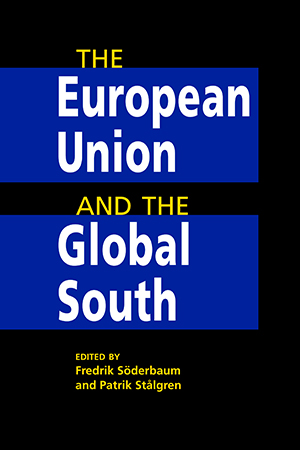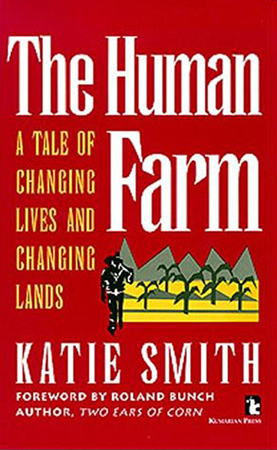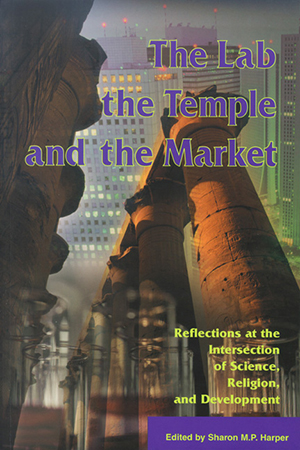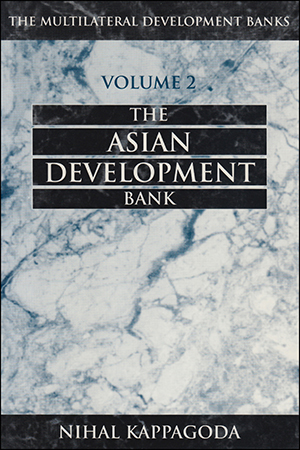Development Studies
In Surrogates of the State Jennings explores the delicate relationship between development NGOs and the states they work in using his exhaustive and illuminating case study of Tanzania in More >
Kristin Helmore and Naresh Singh present the details of the widely tested Participatory Assessment and Planning for Sustainable Livelihoods methodology, or PAPSL, a holistic approach to More >
In telling the story of an innovative program based at Iowa State University (ISU), Lorna Michael Butler, Della McMillan, and their colleagues offer practical, step-by-step advice critical More >
Tectonic Shifts offers compelling on-the-ground perspectives on the aftermath of Haiti's cataclysmic earthquake. Following a critical analysis of the country's heightened More >
The BRICS countries—Brazil, Russia, India, China, and South Africa—have become a strong engine of South-South cooperation, contributing to a significant shift in the global More >
Could the many famine and drought crises of recent decades in Africa (and elsewhere) have been avoided? The contributors to this book answer with a firm yes, calling for a response to famine More >
Paul David Ronalds draws on his experience as deputy CEO of World Vision Australia to offer a practical guide for international nongovernmental organizations (INGOs) as they face the More >
Enriching our understanding of the "NGO industry," the authors inform the debate on the relief-to-development continuum and provide historical context for the key issues facing More >
Ian Smillie and Larry Minear probe the reasons behind governmental and nongovernmental responses to urgent human need. They explain why some crises got the lion's share of attention and More >
While many microfinance organizations started as NGOs, there is now a growing movement for them to transform into regulated, for-profit entities. Concurrently, commercial banks, credit More >
Though much has been written about the negative impacts of economic development on natural ecosystems and civil societies, few viable alternatives to the prevailing economic paradigms have More >
Choice Outstanding Academic Book! The development of coherent and effective relations with other regions and countries is one of the most challenging tasks faced by the European Union. More >
Katie Smith tells the unforgettable story of a group of Honduran peasants who—as they learn to renew their fields and enhance their harvests—also learn lessons that renew their More >
What do the realms of faith, science, and the world of international development have to offer one another? This book s contributors, each a scientist as well as a person of faith, tackle More >
The multilateral banks are powerful forces in the international community, providing loans of more than $250 billion to developing countries over the last half-century. The best-known of More >


